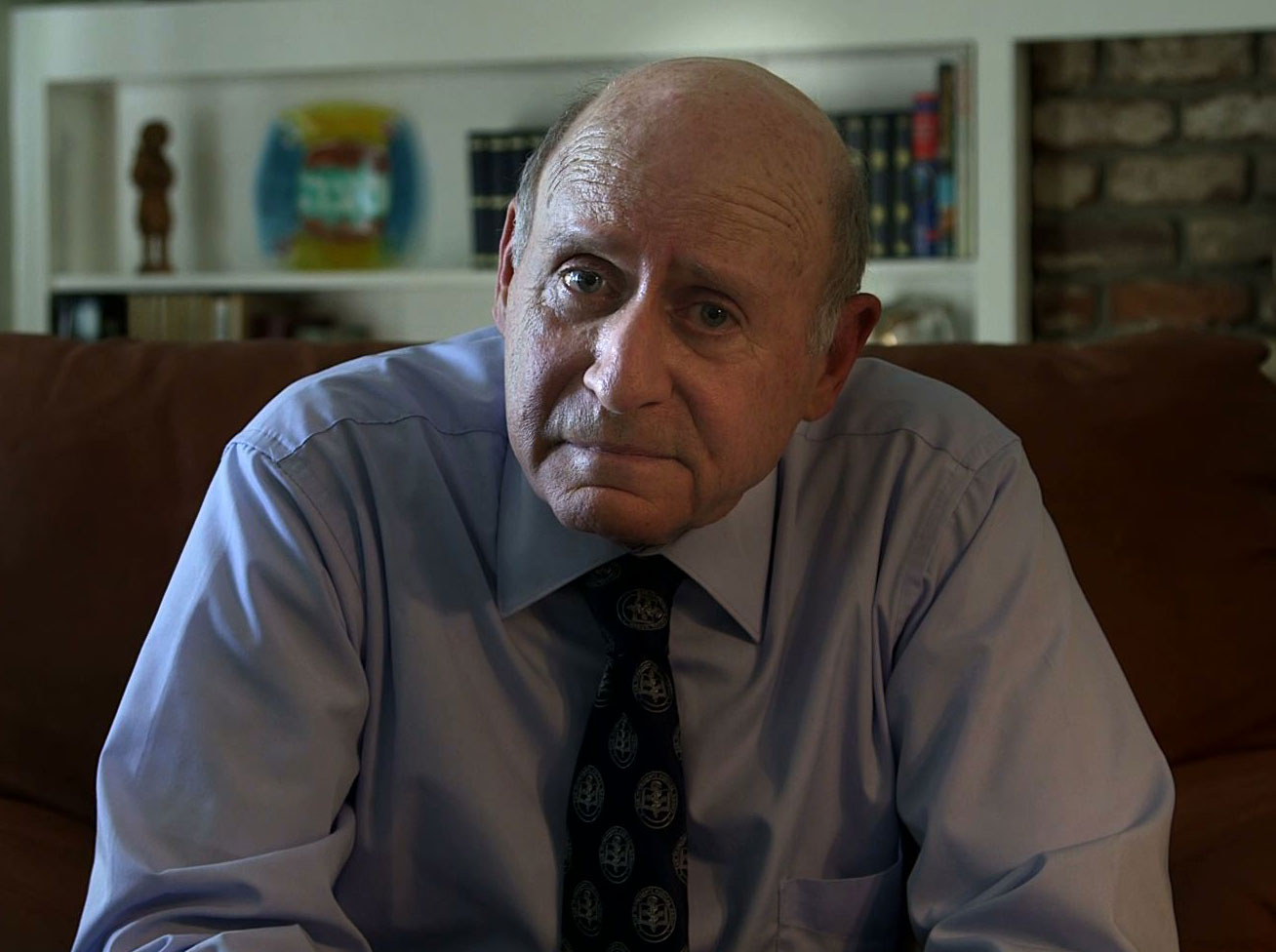ARTICLE

For doctors using telemedicine, virtual bedside manner is crucial
Category: Medicine & Written by DoctorScott On January-29-2022 17:27:57
Casinos, hotels with five stars restaurants and country clubs are likely to come out of your head whenever you consider hospitality businesses. The experiences at these establishments tend to be enjoyable, fun and relaxing. What about hospitality in the field of health healthcare? Going to the doctor's office can be uncomfortable, involuntary and even unsettling -- which is the opposite of a pleasant experience. A doctor's bedside manner goes in a significant way to relax patients.
With the ever-growing epidemic, the use of telemedicine is growing rapidly due to its ease of use and security. What is the extent to which virtual hospitality plays a part for patients? The latest research conducted by Michigan State University and the University of Central Florida is the first to show how welcoming telemedicine is essential for patients to experience an emotional experience that is positive and feels confident.
"The COVID-19 pandemic has proved extremely challenging for people across the globe. Patients are more inclined than normal to seek out humane assistance and support offered by healthcare organisations," Lu Zhang, associate professor of hospitality business at Broad College, Broad College, said. "Thus, it is important to study patient empowerment and how the 'kind and sympathetic' gene in hospitality can help empower patients."
The study document, "The empowering role of hospitable telemedicine experience in reducing isolation and anxiety: Evidence from the COVID-19 pandemic," was published in the most recent volume of the International Journal of Contemporary Hospitality Management. Yusi Cheng was a Broad alumna as well as a Ph.D. doctoral student from Central Florida, Wei Wei an associate professor of hospitality administration at Central Florida, and Yunying Zhong, an adjunct professor of management in the field of hospitality in Central Florida, co-authored the research paper with Zhang.
The researchers polled 409 patients who attended video consultations after February 2020, when the pandemic first appeared in the United States. The team investigated a range of factors that might affect the impression of hospitality that patients receive from a virtual doctor's appointment, such as interactions between humans and technology and human-human interactions. Both kinds of interactions affect the emotional wellbeing of a patient and the way they perceive their competence and ability to manage their health issues following a consultation.
"Perceived competency and control are two fundamental dimensions of empowerment," Zhang explained. "Both the tech side and the human side can increase perceived control and competence for patients, which further helps ease feelings of isolation and anxiety."
The study's interactions between humans and technology included how simple it is for patients to schedule a virtual appointment and the clarity of the audio and the resolution of images throughout the appointment. Human-human interactions examined the doctor-patient relationship, which includes the degree of trustworthiness and responsiveness the doctor is and how sensitive they are towards the patients' opinions and feelings.
"The findings of our study yield valuable implications for the role of telemedicine technology in people's emotional wellbeing," Wei declared. "Aside from the technical aspects the social aspect of a telemedicine encounter, that is often neglected can significantly help patients cope with the current outbreak by giving them the feeling of being more confident and confident. A feeling of empowerment can also help ease the feeling of isolation and stress."
The results show that hospitality in the field of virtual health care, on both the technical and human aspects, has significantly boosted the confidence of patients suffering from COVID-19. Also, age is a factor in these outcomes. The older a patient gets more likely they will feel more confident based on the smoothness of technology and warm and welcoming interactions.
"It is important to make sure that the technology is functioning well and easy to use," Zhang stated. "Our study also shows that bedside manner matters as patients these days expect doctors to meet both their medical and emotional needs -- providing reliable diagnostic information, listening to their concerns carefully, and addressing their needs promptly."
The researchers believe there is a tremendous possibility of the hospitality industry becoming adopted as an organizational culture in health institutions. This could provide outstanding customer service and satisfaction for all those involved. Their suggestions for implementing this culture include working with hospitality professionals to offer education and new programs and making use of certifications and continuing education for health professionals and doctors—personnel to learn the importance of hospitality and ensure that patients experience the warmth of home.
Furthermore, Zhang says doctors should be explaining the advantages of telemedicine to patients to make them conscious of positive emotional effects which can result from an online consultation that is hospitable.
"One of the programs MSU offers, Teladoc, is a good example," Zhang stated. "In their emails to patients, they highlight three advantages of online treatment: You can visit your doctor from the comfort and security of at home, and you won't need to wait in a waiting room along with other patients who might be suffering from a virus; You will also be able to have the complete attention of your doctor which means no rush between patients.
"While telemedicine technology has already been practiced in consultation and treatment for patients with chronic diseases and who are unable to physically present at the hospital, its use becomes especially significant and essential during the COVID-19 pandemic due to the enforcement of social distancing practices and people's fear of uncertainty," she said. "Telemedicine offers patients an alternative to seeking medical assistance in a safe manner, and it provides patients with much-needed emotional support."
Comments

Categories
Recent Posts

Doctor communication or Effective Patient�Physician Communication
January-31-2022 17:27:57

For doctors using telemedicine, virtual bedside manner is crucial
January-29-2022 17:27:57
Developing Good Bedside Manner: 9 Tips for Doctors
January-25-2022 19:07:14

Physician Wellness and Physician Identity Are Inextricably Linked
January-20-2022 11:34:29

Physician Burnout: Signs & How to Prevent it
January-16-2022 22:19:35